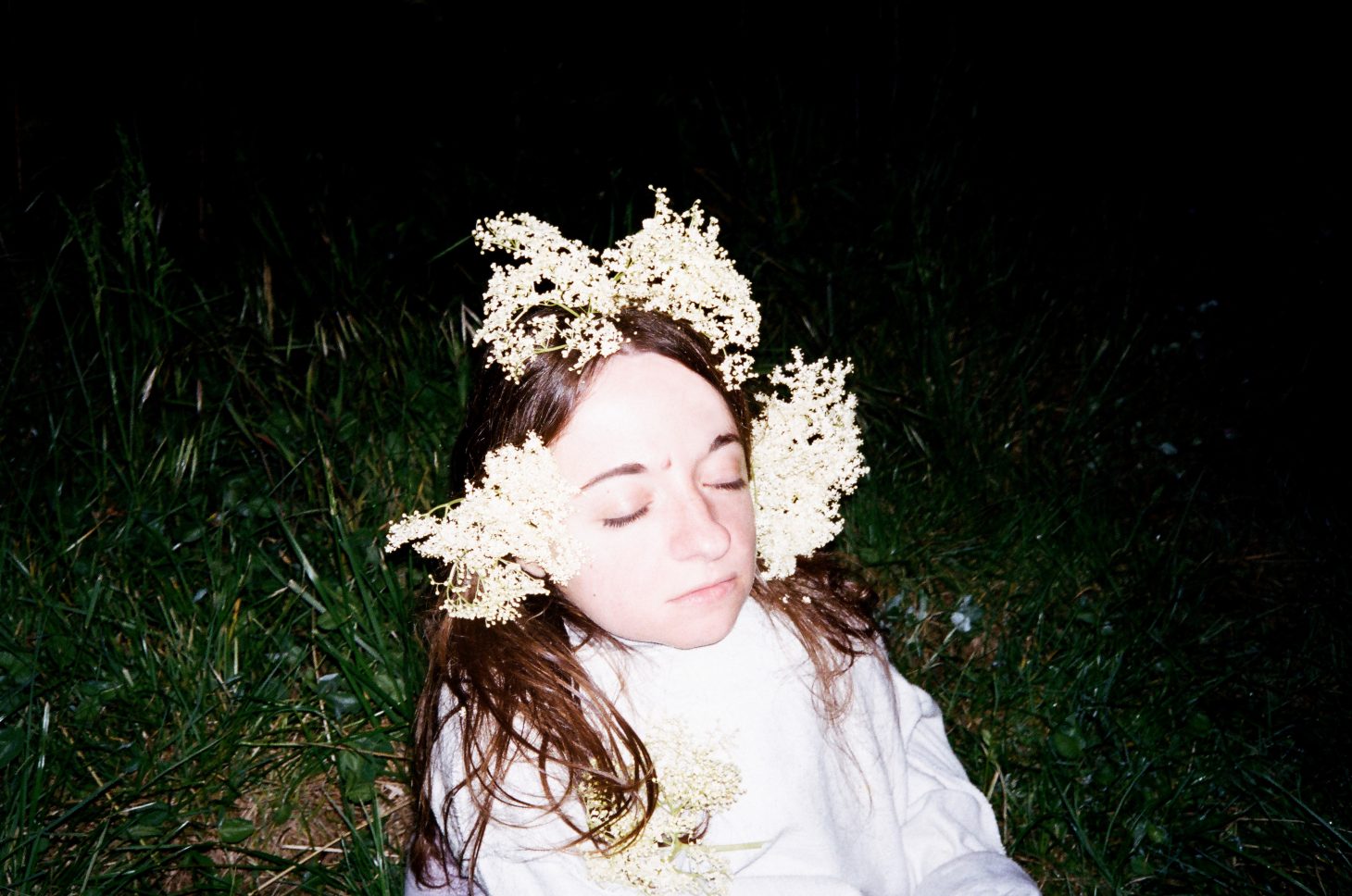Chiara Bersani is an Italian performing artist and choreographer whose work in theatre and contemporary dance explores the politics of the body and how the images we create interact with society’s narratives. Here, she reflects on ableist responses to a public health emergency and how disabled bodies are framed during the Coronavirus pandemic.

Chiara Bersani. Photo Giulia Agostini
Every catastrophic film, every war novel, every graphic novel about future dystopias is, for me, an imaginative exercise on my death. If you were a disabled child who became a disabled girl to finally become a disabled woman, then you grew up with the demand to remain rational.
In evacuation drills they teach you to stay in your place, not to block the escape of others and to wait for rescue workers to come and save you. On the plane, you will always be placed in a certain seat so that the people next to you can escape without having to climb over you.
And no, you can’t get mad. You can’t get too sad either. Emergency management is a science and you, aware of your physicality, must understand that society is complex and in every emergency, the goal is to save as many people as possible. Rejoicing in what you have, for the time you have it, is good practice.
Striving for survival during a zombie epidemic would therefore be a silly waste of time, better to cultivate fantasies of heroic deaths in which your legacy will be the survival of your loved ones rather than a whole community or a group of children…
Along comes the Coronavirus and you live a few miles from that town that everyone talks about because it is the Italian epicentre of the pandemic. And you find out now that all the exercise you did in your first 35 years of life doesn’t suit you at all.
“Dear world, dear television, dear journalist, experts in the most varied scientific subjects, as praiseworthy as your attempt to say that the coronavirus Covid-19 is a disease that only a low percentage of people will find lethal, you, every time, conclude by saying that it will be me who will die.”
“Coronavirus is dangerous for the weak… elderly people… people with previous respiratory diseases… cancer patients.”
I didn’t get it right away. During the first interviews, it almost seemed that their words calmed me too. Or maybe I just wanted to be comforted. To be considered a subject to be comforted too. But we’re not. I’m not. Older people aren’t, neither are those with cancer.
“We, all of us, are the example that comforts others. We are – when we are called to be – examples of life, resistance and wisdom. After all, we live so far from the idea of immortality and so familiar with the idea of death, that it will not be a great effort to accept the role of borderline cases in a collective narrative aimed at not questioning the power of the healthy.”
A wasted opportunity. There were so many ways to use this moment. This virus, its easy movement in the world, could become an opportunity to remind us that we are human and as such we are fragile. We could have accepted together that all of us are mortal, not only us but the forty year old man who feels eternal power flowing in his bones.
It would have been nice to look for a nobler meaning in such a moment. Perhaps an enlightened precedent would have been created, perhaps caring for oneself and others would have truly occupied the centre of the world for some time. I like to go further and think that perhaps capitalism would have trembled at seeing its fake, immortal bodies waver.
We would have all experienced the framework of fragility and we, who have always known fragility, I swear we would have taken care of you. But none of that happened.
We could have sailed together but each one remained anchored to his rock and the most immediate consolation was preferred over collective reflection.
Maybe I’ll get sick and if it happens the TV told me that I’ll probably occupy that small percentage of hopelessness. So, since as I said I’ve been organising death since I was a child, I decided to write this article. I won’t be able to save anyone with my passing and if it will happen as they say, it will be lonely and far from heroic. But I want to tell you that while the virus snakes a few miles from me, I read Laura Pugno that in her “In wild territory” saying:
“The wild is decided by us, it doesn’t exist in nature, it is created when we close the door of the house, we define an inside and an outside (…) It comes from itself, from the wild, that it is dangerous.”
Article originally published on disabilityartsinternational.org
British Council / Europe Beyond Access
Listen to Chiara Bersani's playlist +
About Chiara Bersani +
Chiara Bersani is an Italian performer and author active in the fields of performing arts, research theatre and contemporary dance. As an interpreter and director / choreographer she moves through different languages and visions, touring her work internationally. Her research as an interpreter and author is based on the concept of the ‘Political Body’ and the creation of practices aimed at training its presence and action. Her piece Gentle Unicorn is the manifestation of this research which won Bersani the UBU Award (Italy) for best new actress / performer under 35. In August 2019 at the Edinburgh Fringe Festival, Gentle Unicorn also won first prize in the dance category of the Total Theatre Awards.
